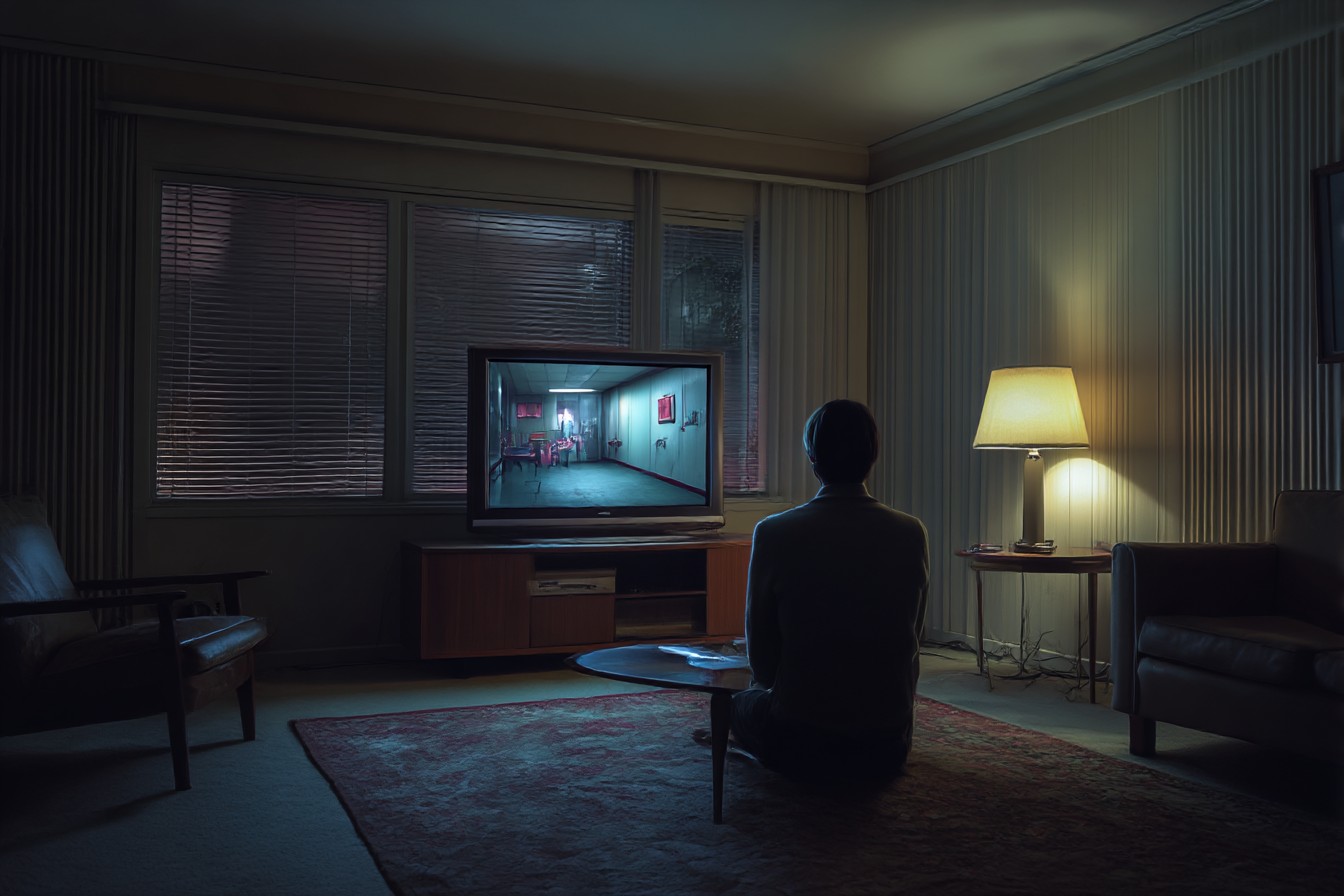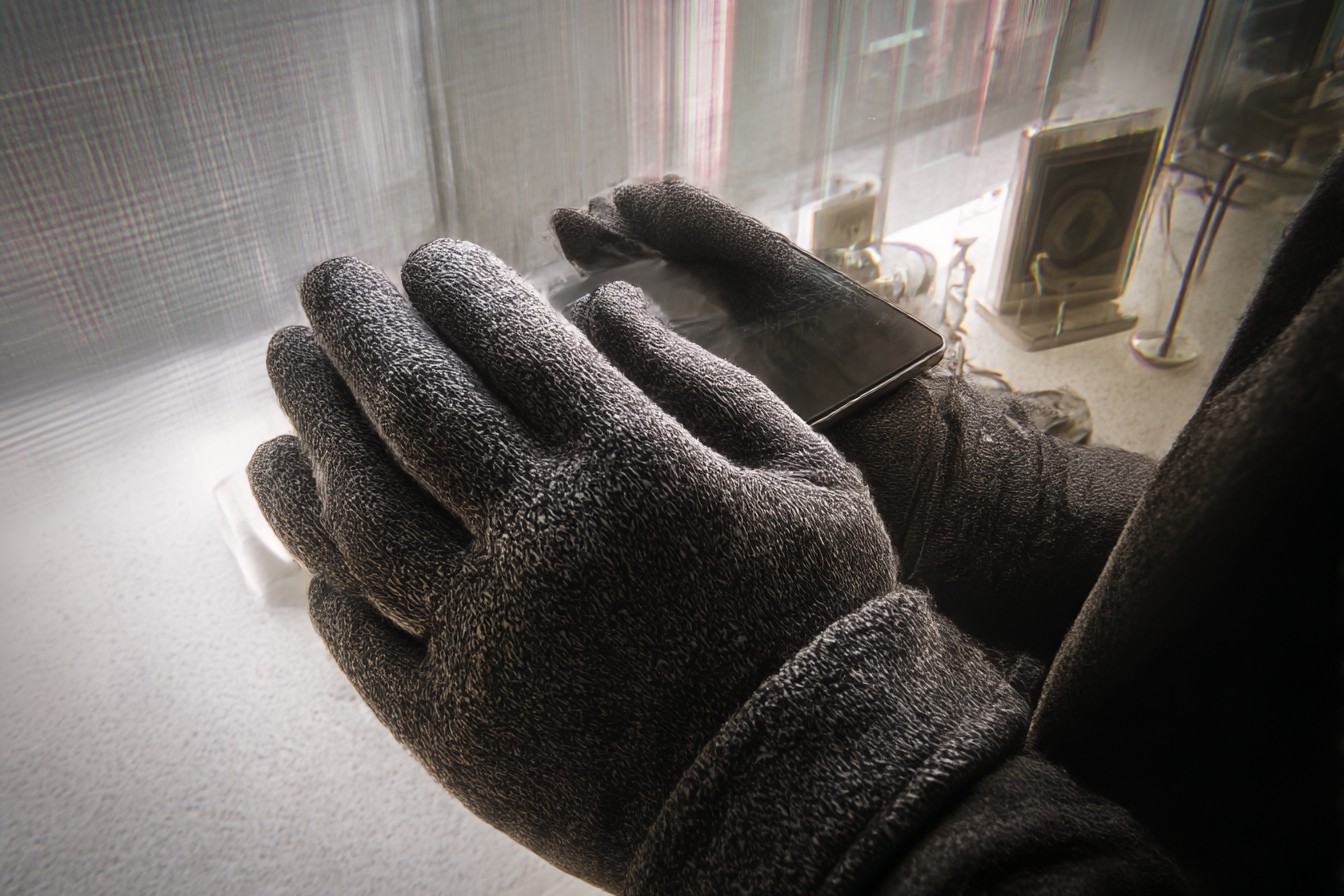I used to think taking out the trash was one of life’s simplest activities. You put stuff in a bag, you take the bag outside, you forget about it. Done.
A toddler could manage it. Hell, my neighbor’s criminally stupid Labrador once dragged an entire garbage bag out the doggy door and down the street. Even he understood the core concept: garbage goes away from living space.
Then my building installed what the property management company breathlessly described as “smart waste management solutions” in our communal trash room. I now spend more time arguing with a trash can than I do with most of my relatives. The first time I encountered this technological monstrosity, I was carrying a leaky bag of kitchen waste after a particularly ambitious attempt at making kimchi.
I approached what appeared to be a sleek, stainless steel trash receptacle with a small touchscreen where the handle should have been. Figuring it worked like those fancy hand dryers that never actually dry your hands, I waved my garbage near it expectantly. Nothing happened.
I noticed a QR code on the side with “First time user? Scan to download our app!” written beneath it. Because of course my trash can needed an app.
Why wouldn’t it? I stood there, dripping fermented cabbage juice onto my shoes, and seriously contemplated just leaving my garbage in front of the damn thing like some kind of protest art installation. But I’m a rule follower at heart (and my neighbor Mrs.
Kaplan has nothing better to do than report infractions to the building board), so I awkwardly juggled my phone and my leaky trash bag to download yet another app that would inevitably send me notifications I didn’t want. After creating an account – a full account with password requirements and email verification for a TRASH CAN – I was greeted with a tutorial. A tutorial!
For throwing away garbage! “Welcome to EcoSort 3000,” chirped the app, with the misplaced enthusiasm of a middle school vice principal. “Before you can dispose of waste, you’ll need to categorize each item properly!”
The trash can, I learned, had a built-in scanner and scale that would analyze my garbage and determine if I was sorting it correctly.
Recycling, compost, landfill – each had its own compartment, and the lid would only open for the appropriate category. Additionally, the system would keep track of my “waste profile” and give me a monthly sustainability score, which would be posted on a leaderboard in the building’s lobby. Because nothing motivates proper waste disposal like public shame.
My first attempt was a disaster. I had everything mixed together – food scraps, plastic packaging, paper towels – and the trash can practically had a meltdown. The screen flashed red with messages like “CONTAMINATION DETECTED” and “SCANNING FAILED – PLEASE SEPARATE ITEMS.”
“It’s just trash,” I muttered, as though reasoning with it might help.
A neighbor passed by, witnessing my struggle. “Oh yeah, you gotta separate everything before you even come down here,” she said with the weary knowledge of someone who had fought this battle before. “I have four different bins in my apartment now just to pre-sort.
It’s actually faster.”
I’m sorry, what? I now needed to pre-sort my garbage to prepare it for the sorting trash can? The actual point of this technology seemed to be nullifying itself.
After three failed attempts, I abandoned sophisticated waste management and carried my kimchi disaster back upstairs, where it continued to stink up my apartment for another day until I had the emotional energy to sort through it. Over the next week, I adapted to this new reality. I bought separate containers for my apartment and learned the rules.
But just when I thought I had mastered the system, I encountered its truly dystopian feature: rejection. I was trying to dispose of a plastic clamshell that had held grocery store cookies. The kind with the clear top and black bottom.
According to my research, these are technically recyclable in some places but not others. I placed it on the scanner, selected “recycling,” and waited for approval. “ITEM REJECTED,” flashed the screen.
“This type of plastic is not recyclable in your municipality.”
Fair enough. I selected “landfill” instead. “INCORRECT WASTE STREAM,” it responded.
“This item can be recycled at specialized facilities.”
Confused, I tried “compost,” knowing it was wrong but running out of options. “CONTAMINATION RISK. NON-COMPOSTABLE MATERIAL DETECTED.”
I stood there, holding my stupid cookie container, locked in an absurdist standoff with an inanimate object that somehow had more authority over trash than I did.
The trash can simply refused to open any of its compartments. It had deemed my garbage unworthy. “What am I supposed to do with this?” I asked out loud.
To my shock, it answered via the app: “This item requires special recycling. Please take it to the Metropolitan Recycling Center on 35th Street, open Monday-Friday, 10am-4pm.”
The Metropolitan Recycling Center was 45 minutes away by subway. For a cookie container.
I ended up sneaking the offending container into the regular trash chute on the 8th floor, which hadn’t yet been “upgraded.” I felt like I was participating in some kind of waste disposal speakeasy, looking over my shoulder as I committed acts of environmental rebellion. The next trash can incident occurred when the system detected an empty pill bottle. Again, all compartments refused to open, but this time with a new message: “POTENTIAL PRIVACY RISK – MEDICAL WASTE DETECTED.
Please remove label before disposal.”
My trash can was concerned about my medical privacy. How thoughtful. How invasive.
The worst was yet to come. One evening the trash room was unusually crowded – five of us standing around with our sorted garbage like contestants on the world’s most depressing game show. The woman ahead of me was trying to dispose of what looked like packaging from an online order.
“EXCESSIVE PACKAGING DETECTED,” declared the trash can for all to hear. “CONSUMER ADVISORY: Your purchasing habits have resulted in 34% more packaging waste than building average. Consider buying locally to reduce waste.”
Her face flushed as everyone pretended not to have heard her public shaming.
I made a mental note to hand-carry any potentially embarrassing garbage to a public trash can several blocks away. The EcoSort’s judgmental algorithm didn’t stop there. It began sending weekly reports comparing my waste output to my neighbors’, complete with passive-aggressive suggestions.
“Your plastic waste is in the top 15% of building residents. Consider purchasing more items in bulk.” It awarded badges for good behavior – I briefly felt a disturbing surge of pride when I earned “Compost Champion” for three weeks running, before remembering that I was emotionally invested in a trash can’s opinion of me. Last month, the building management emailed us about an “exciting upgrade” to the EcoSort system.
It now integrated with our smart home systems and grocery delivery services to provide “predictive waste management insights.” My refrigerator was apparently talking to my trash can about my eating habits, and together they were judging me. “We notice you purchase milk but often dispose of it unfinished. Consider buying smaller containers to reduce food waste!”
The final straw came during a dinner party at my apartment.
My friend Ryan accidentally threw a compostable fork into the regular trash bin in my kitchen. My phone immediately dinged with a notification: “INCORRECT SORTING DETECTED IN KITCHEN RECEPTACLE.”
The trash can was watching me inside my own home. I’ve started keeping a box in my closet labeled “Trash Can’s Reject Pile.” Once a month, I drive out to my parents’ house in the suburbs, where garbage still goes into bags, bags still go into bins, and bins get picked up by people whose job it is to deal with trash.
No sorting, no scanning, no sustainability score. Sometimes technology solves real problems, and sometimes it just creates new ones. I’m not opposed to better recycling and composting – I want to do the right thing for the environment.
But somewhere between my good intentions and the EcoSort 3000, something fundamental about being human got lost. When a machine not only monitors your garbage but actively judges you for it, refuses to take it, and broadcasts your waste management failings to your neighbors, we’ve crossed a line. My lease is up next month.
My top criterion for a new place isn’t hardwood floors or natural light anymore. It’s a good old-fashioned dumpster out back that takes whatever I give it, no questions asked.











